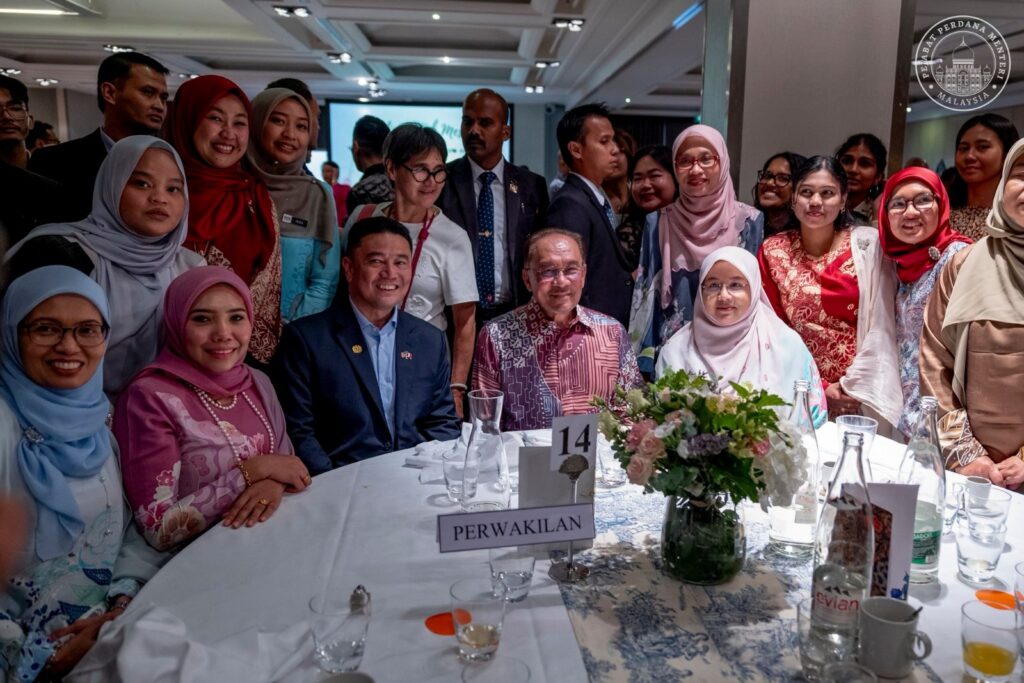This appears to be the first weapons delivery in the history of Gabon’s ties with either Russia or the Soviet Union. It is a sad statement, that poachers in Africa often outgun their national parks counterparts — but with recent moves by the Russian government, the tide may be turning.
Russia’s Defense Ministry said it has supplied small arms to the Central African nation of Gabon to help it combat poaching and protect wildlife in national parks, the Moscow Times reported.
This appears to be the first weapons delivery in the history of Gabon’s ties with either Russia or the Soviet Union, the state-run RIA Novosti news agency reported, citing the SIPRI think tank which tracks military spending.
The shipment marks Moscow’s latest outreach effort on the continent after its inaugural Russia-Africa Summit last month, where it signed more than 50 deals worth 800 billion rubles (US$12.5 billion).
“Having received Russia’s small arms, the Gabonese Republic plans to reinforce the units responsible for combating the threat of poaching,” the Russian military said in an online statement Thursday.
It did not specify which firearms were delivered.Gabon has been plagued with poaching, illegal logging and the illicit wildlife trade despite efforts to enlarge protected areas in recent years.
Well-equipped and heavily armed poachers and smugglers vastly outgun local parks and forestry protection staff, Gabon’s forests, environment and sea ministry told RIA Novosti.
It noted the poachers’ “increase in unprecedented violence” toward elephants, rhinos, armadillos and panthers that are hunted for tusks, horns, shells and skin.
Russia has stepped up its activities in Africa in recent years with military support, nuclear energy and other services in exchange for mining rights.
Much of Gabon is still covered by forests and home to nearly 60% of Africa’s forest elephants.
Libreville has recently pursued a more aggressive conservation policy with water and forests minister Lee White saying in September that elephant poaching had been significantly curbed following China’s decision to ban trade in ivory in 2017.
Source: Asia Times






